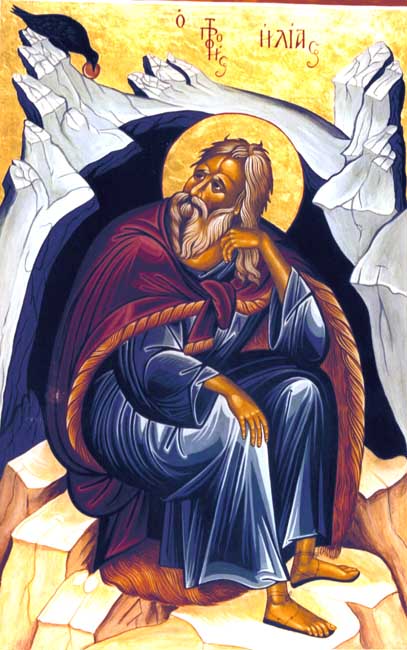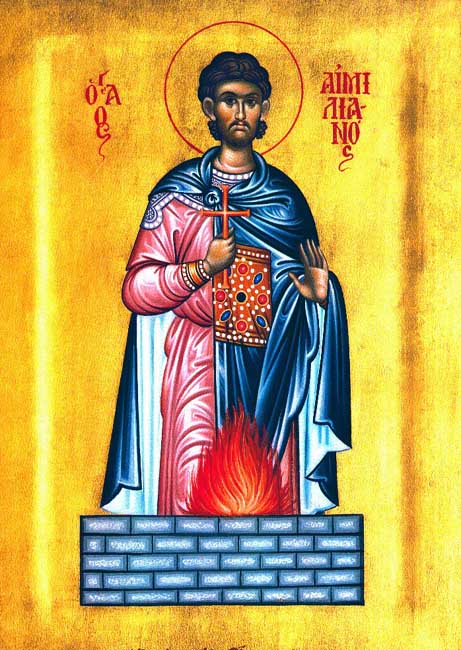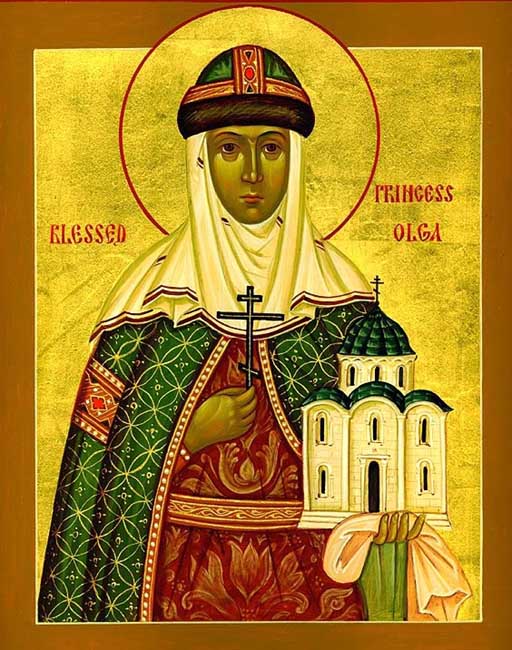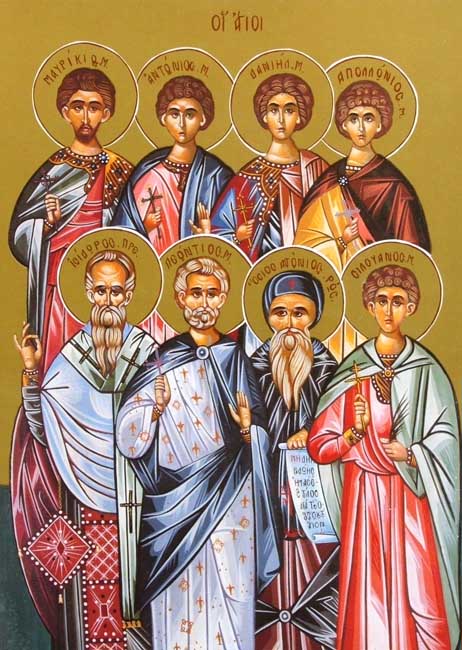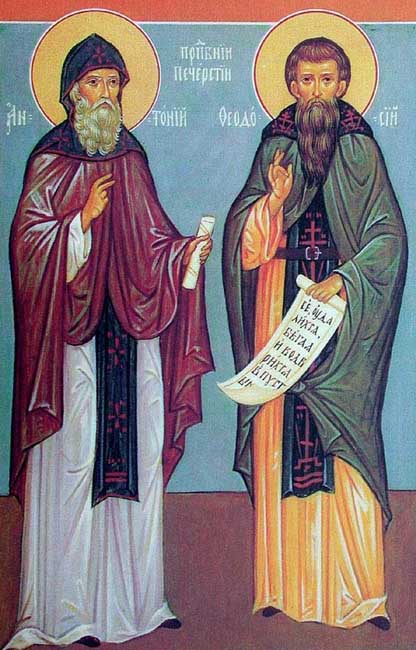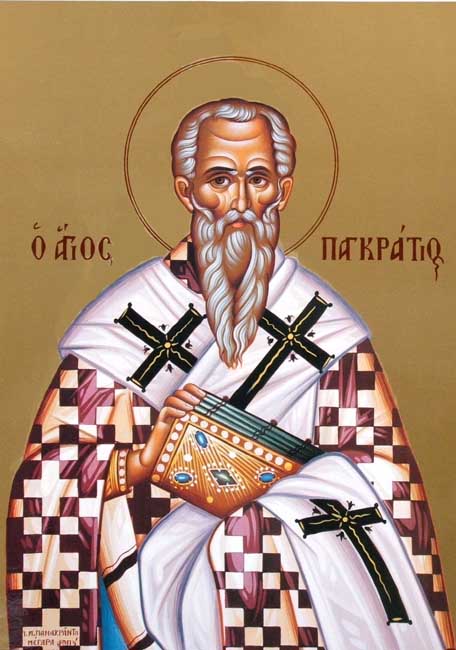Dormition of St. Ann, Mother of the Mother of God.
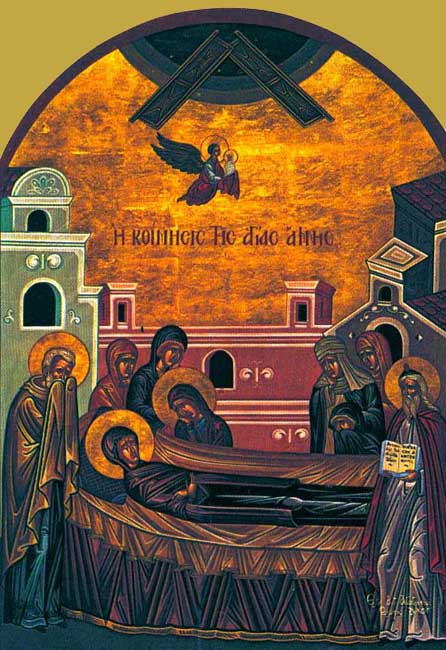
Today is the commemoration of the
falling asleep of St. Anna but her principal feast is celebrated on
September 9, on which date is written her service and her
hagiography. Anna was from the tribe of Levi and the daughter of
Matthan, the priest. After a long and God-pleasing life she died in
extreme old age.
Memory of the Holy Women Olympias and Euphraxia.
Olympias

Olympias was born in Constantinople of
very distinguished parents. Her father, Anysius Secundus, was a
senator and her mother was the daughter of the famous nobleman
Eulavius who is mentioned in the hagiography of St. Nicholas the
Wonder-worker. When Olympias reached maturity, she was betrothed to a
nobleman who died before the marriage took place. The emperor and the
other relatives pressured Olympias to marry another, but in vain.
However, she refused them this and devoted herself to a god-pleasing
life, giving from her inherited estate great offerings to the
churches and alms to the needy. She served as a deaconess in the
Church, at first during the time of Patriarch Nectarius and, after
his death, during the time of St. John Chrysostom. When Chrysostom
was exiled, he counseled Olympias to remain in the church and to
serve as before regardless who the patriarch after him would be.
Immediately after the banishment of this great saint, someone started
a fire in the Great Church [The Church of the Divine Wisdom Hagia
Sophia] and the fire consumed many prominent buildings in the
capital. The enemies of Chrysostom accused this holy woman of
initiating this malicious fire. Olympias was banished from Constantinople to Nicomedia where she died in the year 410 A.D.,
requesting in her testament that her body be placed in a box and cast
into the sea and wherever the water tosses it up, there she is to be
buried. The coffin was cast ashore in the city of Vrochthoi, where
there existed a church dedicated to the Apostle Thomas. From her
relics, great healing miracles appeared throughout the centuries. The
exiled Chrysostom wrote beautiful letters to the exiled Olympias
which, even today, serve as a great comfort to all those who suffer
for the sake of God's justice. Among other things, Chrysostom writes
to Olympias: "Now I am very elated not only because you were
relieved from infirmity, but more so, that you are nobly enduring all
difficulties referring to them as trivialities which is
characteristic of a soul full of power and abounding in the rich
fruits of courage. For you not only courageously are enduring
misfortune rather you do not even notice it when it comes and without
exertion, without labor and disturbance not even talking about it to
others but rejoicing and triumphing over it. That serves as the
greatest wisdom" (Letter VI).
Eupraxia
Eupraxia was the daughter of Antigonus,
a nobleman of Constantinople and a relative of Emperor Theodosius the
Great. Her mother, a young widow, with Eupraxia settled in Egypt and
visited the monasteries there distributing alms and praying to God.
By her fervent desire, the seven-year-old Eupraxia was tonsured a
nun. The older she got the more she imposed upon herself the heavy
burden of mortification. At one time, she fasted for forty days. She
reposed in 413 A.D, in her thirtieth year. She possessed the great
grace of God and healed the most difficult illnesses.
Commemoration of the Fifth Ecumenical Council.
This Council was convened in
Constantinople during the reign of Emperor Justinian the Great in the
year 553 A.D. All the heresies of the Monophysites were condemned at
this Council as well as the heretical writings of Theodore of
Mopsuestia, Theodoret of Cyrus and Origen (his teaching against the
resurrection of the dead).
Respectably Taken From the:
"The Prologue of Ohrid"
by St. Nikolai of Zica, Serbia(Velimirovic)

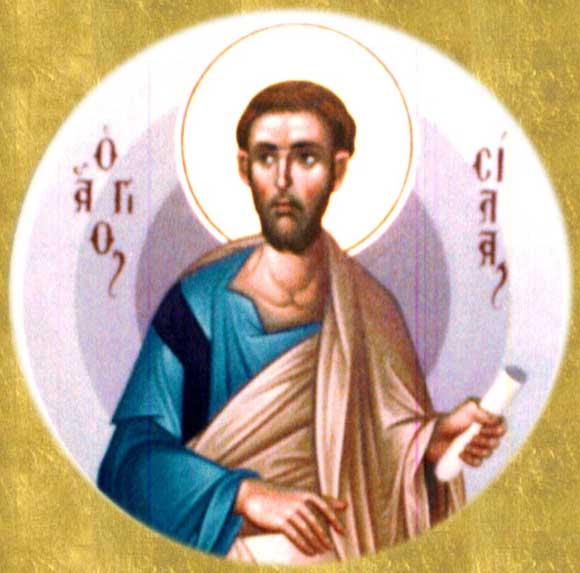
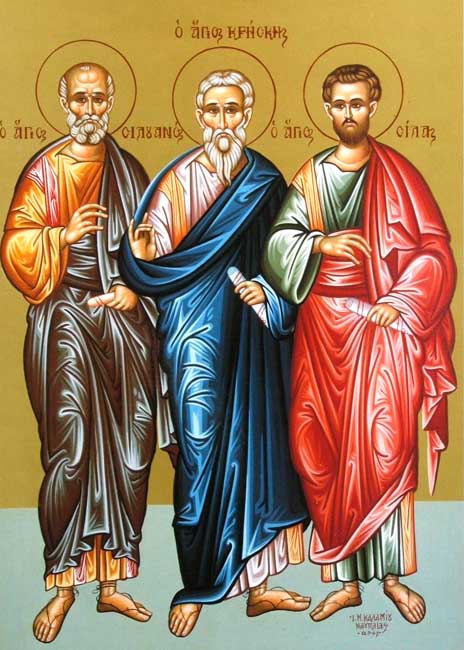

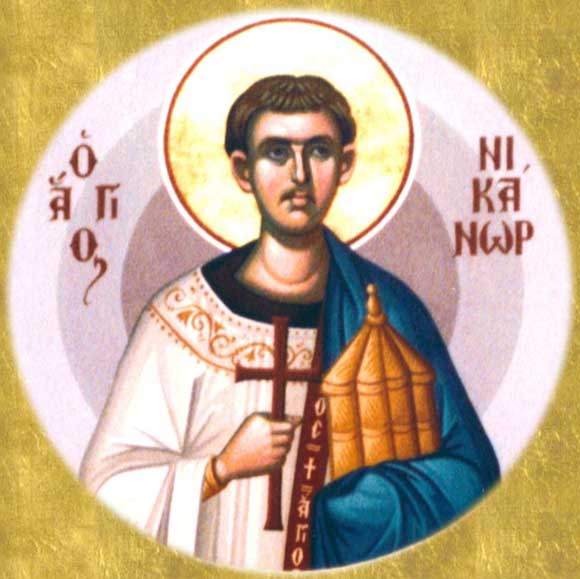
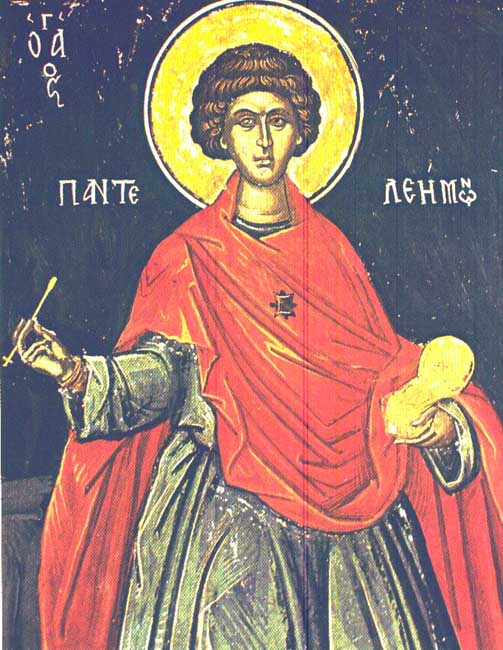
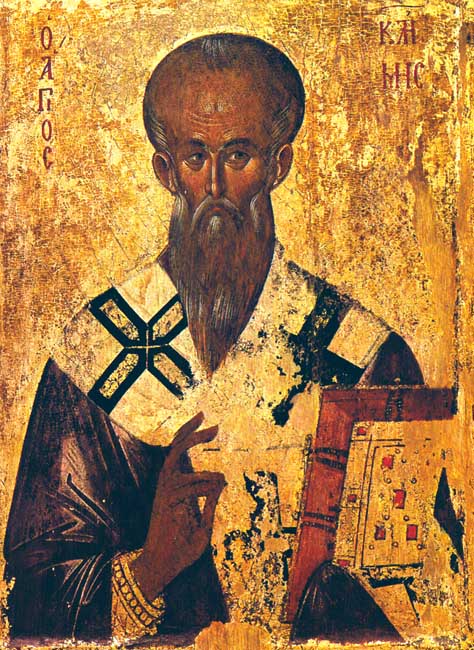
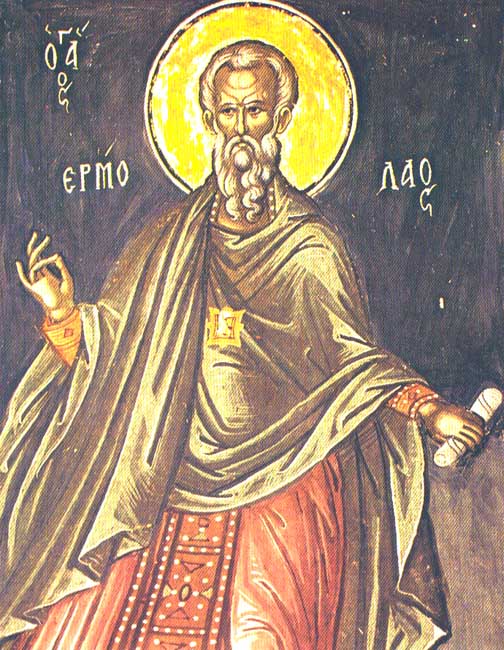
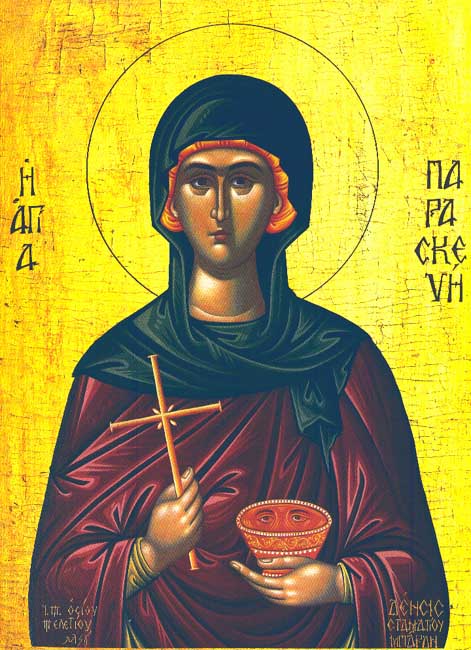
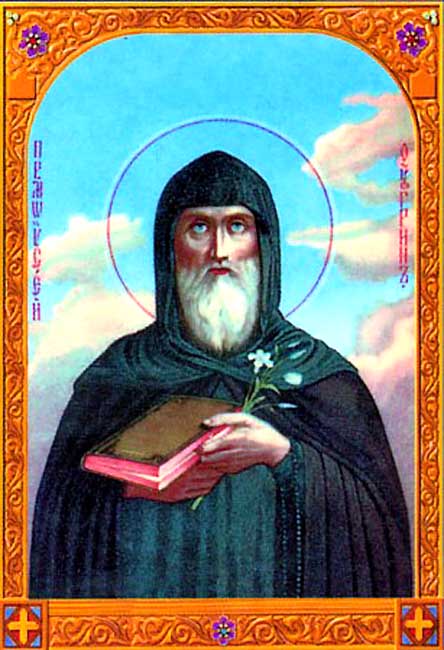



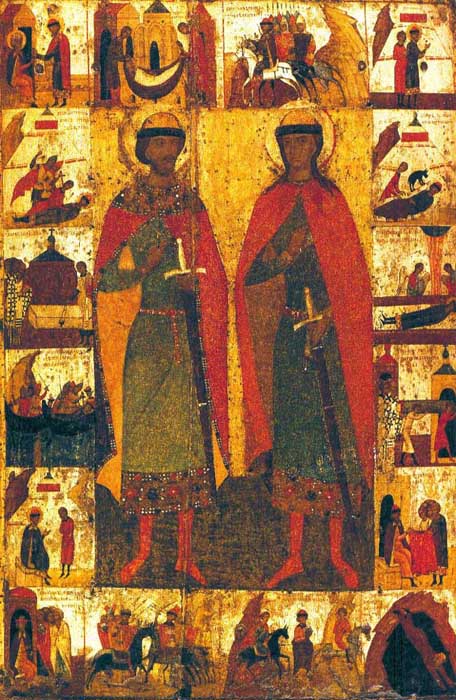

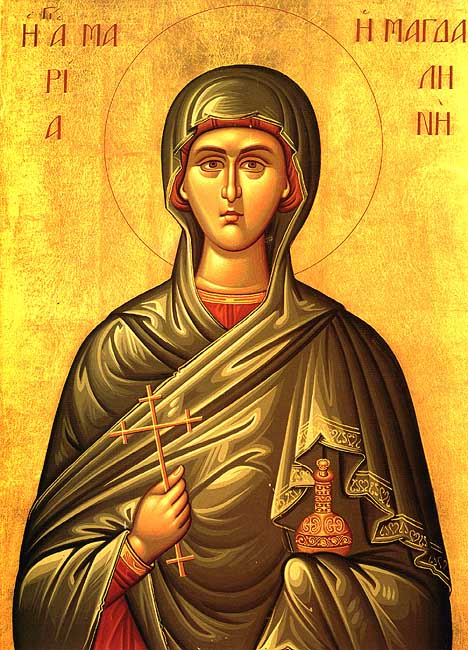
 These two young men left their homes
and relatives: Simeon, his aged mother and John, his young wife. Both
received the monastic tonsure at the hands of the Abbot Nicon in the
Monastery of St.
These two young men left their homes
and relatives: Simeon, his aged mother and John, his young wife. Both
received the monastic tonsure at the hands of the Abbot Nicon in the
Monastery of St. 